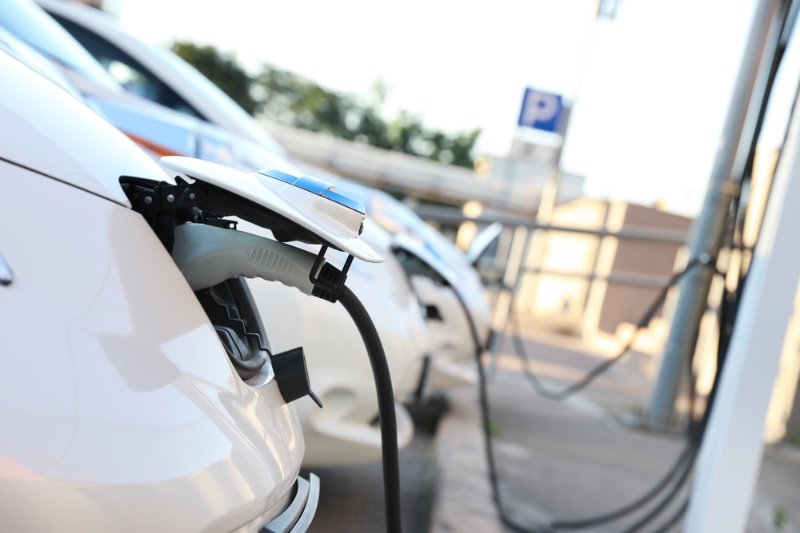The UK automotive industry has called for mandated targets for the roll-out of electric vehicle (EV) charging infrastructure supported by ring-fenced funding for local authorities.


The Society of Motor Manufacturers and Traders (SMMT) has published a seven-point plan aimed at boosting the planning and delivery of the UK’s EV infrastructure.
Since 2011, there has been a 3,000% increase in the number of standard public charge points and the UK’s provision of one rapid charger per 32 battery electric vehicles is the best in the Western world, behind only China (1:11), South Korea (1:12) and Japan (1:17).
However, standard public charging infrastructure has struggled to keep pace with demand. Plug-in cars on the road grew by 280.3% between 2019 and 2021, but standard charge points increased by just 69.8% in the same period. Meanwhile, battery electric cars rose by 586.8%, whereas rapid/ultra-rapid charger stock grew by only 82.3%.
As well as a shortage in EV charging infrastructure, the SMMT has identified a growing regional divide. At the end of 2020, the ratio of electric cars to standard public chargers was 1:37 in the north of England, compared with 1:26 in the south – and in 2021, the ratio deteriorated significantly in the North to 1:52, compared with 1:30 in the south.
In order to improve the availability and reliability of charging infrastructure, the SMMT proposes mandated targets for the roll-out of charge points. It has also proposed the establishment of an independent regulator – ‘Ofcharge’ – to ensure that EV charging is affordable and accessible.
The automotive body also called for enhanced and ring-fenced funding for local authorities and innovative public-private partnerships.
‘The automotive industry is up for the challenge of a zero-emission new car and van market by 2035,’ said SMMT chief executive Mike Hawes.
‘Delivering this ambition – an ambition that would put the UK ahead of every major market in the world – needs more than automotive investment. It needs the commensurate commitment of all other stakeholders, especially the charging industry as surveys show that range anxiety has been replaced by charging anxiety.
‘Our plan puts the consumer at the heart of this transition, assuring them of the best possible experience backed by an independent regulator. With clear, equivalent targets and support for operators and local authorities that match consumer needs, government can ensure the UK has a charge point network that makes electric mobility a reality for all, cutting emissions, driving growth and supporting consumers across the UK.’